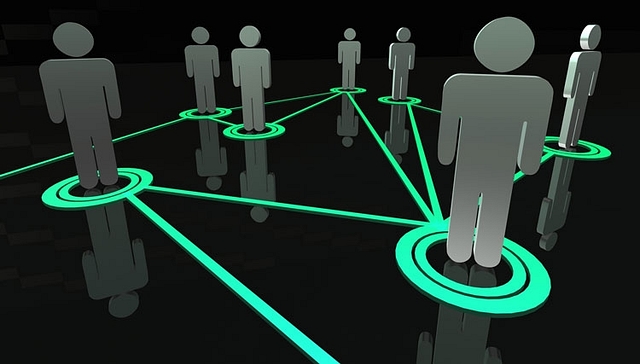
Anonymity and Social Networking: A Response to Ashok Malik
(Editor’s note- Ashok Malik is a well-wisher of CRI and a commmentator whose association and guidance we deeply value)
A problem then arises, as the social modes of communication blur the lines between formal and informal methods of communication. Anonymity, or to be more precise, the distance between the two parties involved in an exchange tends to dehumanize the other party, and makes it easier to resort to abuse[1]. There have been several studies in recent years evaluating the utility of anonymity to the online ecosystem[2],[3].The broad consensus is that while disclosure of identity may enforce accountability, it also dissuades people from speaking up, or challenging status-quo. An individual disclosing her identity opens herself up to the criticism, judgment and in cases of political activism, to physical dangers and career hardships. One who is ready to disclose their identity in spite of all this is indeed more courageous than one who isn’t. However, if the likes of Paolo Cagliari, Francois-Marie Arouet, Samuel Langhorne Clemens, Eric Arthur Blaire and many more, have assumed alter-identities in the past to enable them to produce works of such high quality, there is no shame in resorting to the same.
Mr. Malik has perhaps seen the use of communities like twitter at close quarters for dissemination of news and other information. But, he fails to understand that twitter itself as a platform was not designed with dissemination of news in mind. In fact, at its inception, twitter was lampooned as a platform for stalkers and attention seekers. It was launched as a medium to share ‘a short burst of inconsequential information’, and it is fair to say that its creators could not have foreseen the uses twitter is being put to. Social networking isn’t limited to twitter or Facebook either. Multiple communities like Livejournal, Orkut, Reddit, eHarmony, Bharatmatrimony, LinkedIn, Youtube, 4chan have evolved in the social networking arena to cater to different needs. Each one of these communities have set their own standards of acceptable behaviour and have active methods of self-regulation and moderators to cater to its participants. Similarly, the level of transparency needed in a formal business-based community like Linkedin or a dating/relationship-centric community like Shaadi.com would be completely different from the near anonymity ensured on 4chan.
Moreover, Implementation of ‘verifiable name’ based incentives becomes such a nightmare that the marginal cost far outweighs the marginal utility. While ‘eHarmony’ may see marketable utility in enforcing two-tier services of the kind Mr.Malik espouses, others like twitter certainly have no incentive to do the same. The beauty of free-markets however is that in case twitter actually makes a move in that direction, yet another service will spring up to take this market space to cater to those requiring more privacy, and I believe the executives at twitter know that.